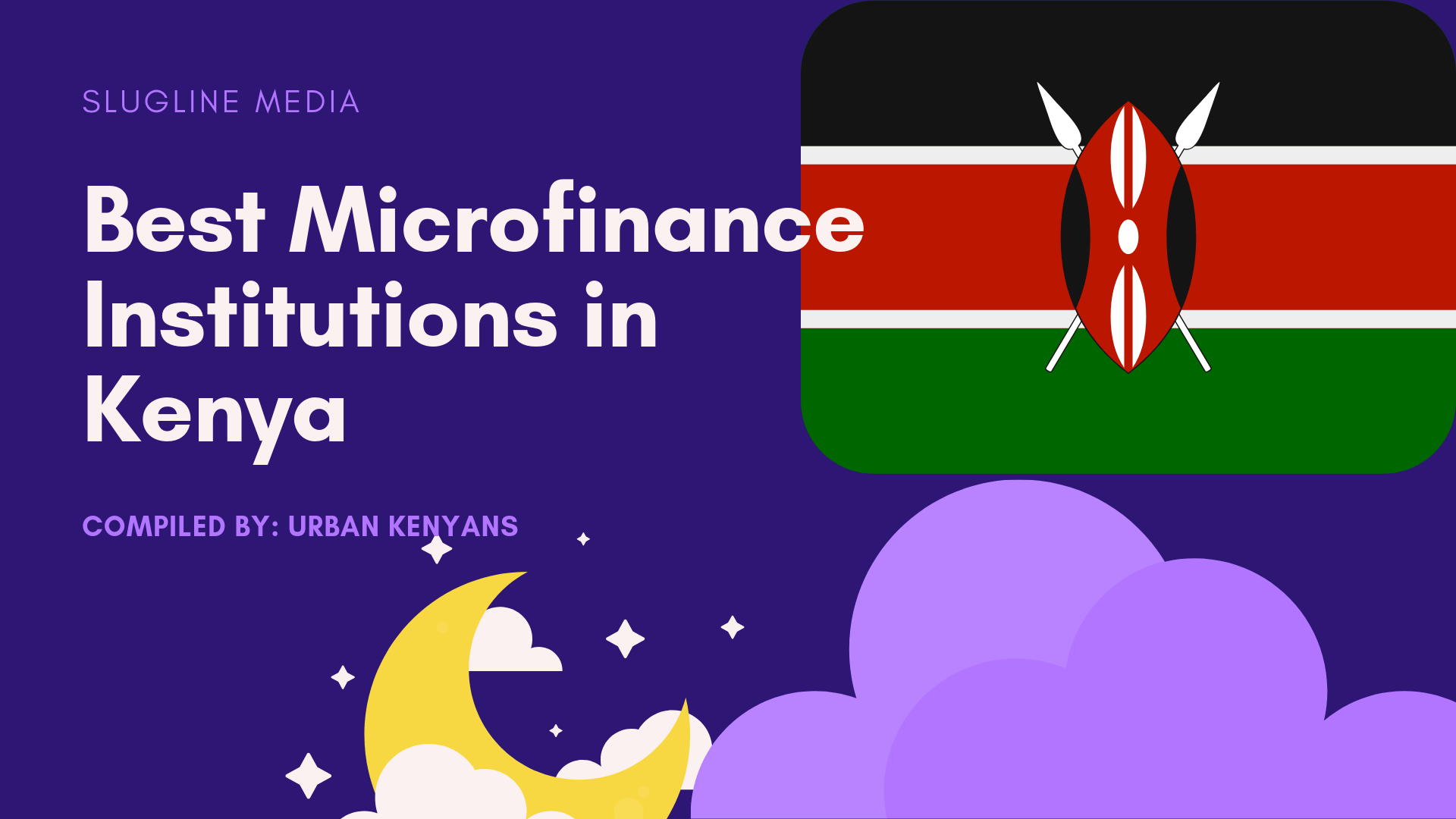With amazing gains on most cryptocurrency investments, better mainstream coverage, more applications of blockchain technology and the rise of crypto-based fundraising (popularly known as initial coin offerings), one can arguably say that 2017 has been the year of cryptocurrencies and the enabling technology behind them, blockchain.
Africa has not been (entirely) left behind in the cryptocurrency boom as record trading levels have been seen in different countries across the continent with South Africa, Nigeria, and Kenya leading the pack.
Top Features of a Blockchain
While the cryptocurrency boom is exciting, the true innovation lies in the technology powering cryptocurrencies which is the distributed ledger technology (blockchain). The top features of a blockchain include:
- Records kept on a blockchain are permanent — cannot be edited or deleted
- Can be public or private — where records stored on public blockchains can be accessed by anyone (e.g. the bitcoin blockchain). Private blockchains are usually used by companies and private bodies.
- (Usually) have no central authority controlling them such that no individual, group of companies etc can implement changes to the blockchain without users allowing for such implementations. This differs based on the blockchain and what it was created to do.
- More secure as top-tier encryption is used.
These and many other features have made blockchain technology become appealing mainstream. This is with many use cases being developed e.g. decentralized storage, real estate, identity management and many more. However, when it comes to the application, Africa has been lagging behind.
Dividing the global ‘invasion’ of blockchain into three phases i.e. the cash frenzy, tech recognition, and utilization (as has been seen by the countries/regions where real use cases of the technology has started gaining momentum) will place the majority of ‘crypto Africa’ at the first phase yet.
Phase 1: The Cash Frenzy
Where most of the continent is currently. In this phase, what attracts most people is the promise of mind-blowing returns on cryptocurrency investments. This year for example, almost all cryptocurrencies took a parabolic bull run with ROIs in the range of 5x-100x being common.
Also, institutional investors have made strategic investments in African startups. Especially exchanges and remittance based startups such as BitPesa and BitMari. Also, foreign exchanges such as Belfrics have started making moves into the continent.
It, therefore, comes as no shock that the continent’s largest blockchain startups offer crypto-based remittance and/or exchange services.
While this phase is a smaller picture in the larger frame of things, it serves as the first step in introducing people to the innovative technology that blockchain offers.
Phase 2: Tech Recognition And Appreciation
This is the next phase that follows the cash frenzy. African cryptocurrency enthusiasts who became interested in cryptocurrencies and blockchain technology will carefully study and appreciate the innovative tech upon which their investments are built upon.
The many potential use cases start being realized and people move on from being purely crypto enthusiasts and investors to blockchain tech. This is as they begin to realize that the cash returns are just a tiny fragment of what the technology has to offer.
Several blogs, forums, and websites (including CryptoInAfrica) will also aid/have aided in this process to enlighten people.
Phase 3: Utilization And Mainstream Adoption
Reaching this phase is the ultimate target for fans and enthusiasts of blockchain tech. In this phase, applications built on blockchain tech (including cryptos) will get mainstream adoption. More applications will be built across the continent that will utilize blockchain technology.
Currently, there a few other applications built on the technology across the continent. Custos Media (South Africa) is one of such startups that uses blockchain to track pirated media. Bitland (Ghana) is another startup that uses blockchain to provide land registry services.
So far, Africa has shown to be doing quite well in the first phase and progressing (slowly) to the second and third, like the rest of the world. However, Africa almost lags behind the rest of the world in most tech innovations. And it’ll be interesting to watch blockchain technology be an exception.




